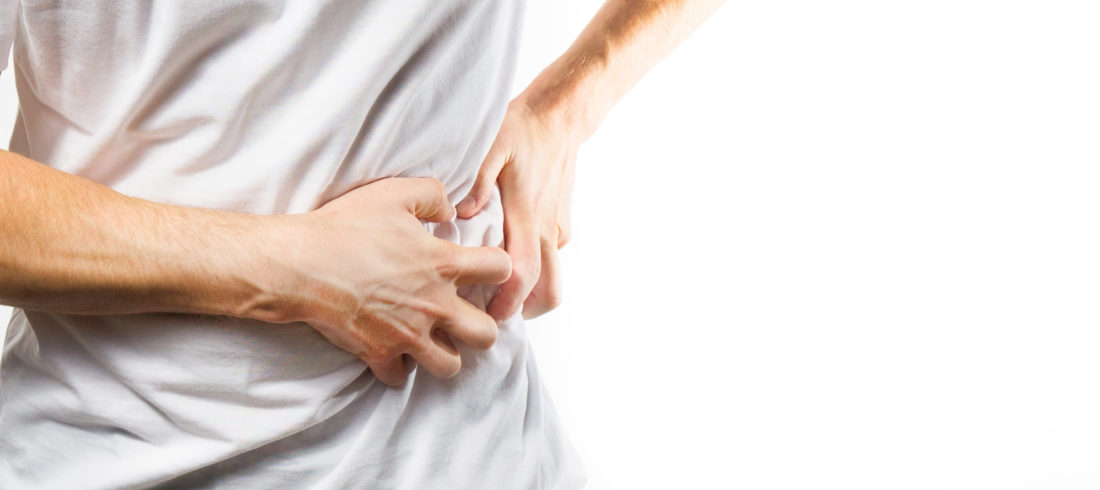You may call the period from Memorial Day to Labor Day “summer,” but physicians call it “kidney stone season.” Approximately 1 in 10 Americans will develop a kidney stone at some point in their life. The risk for men is almost double that for women, and the prime time to have a first stone is between ages 30 and 50. The extreme pain of a kidney stone (women say it’s worse than childbirth) drives about 1.5 million sufferers to the ER annually, with the rate rising by 20 percent between June and August.
The primary cause of kidney stones is dehydration, says Dr. Evan R. Goldfischer, Urologist at Premier Medical Group. “In the heat of summer, as people are outdoors exercising, they lose fluids through perspiration,” he says. “It takes about 90 minutes to form a kidney stone—that’s about seven holes of golf. When we get a run of 90-degree days, more people start to appear in the ER.”
Thus, the primary preventive medicine is to stay well hydrated, especially for people who are predisposed to forming stones. “I recommend an 8-ounce glass of fluid with each meal, and a glass between each meal,” says Dr. Lorraine Nardi of Premier’s Internal Medicine Division. “Even a glass of water at bed time is a good idea for stone formers.” She says any salt-free fluid is generally fine.
Dietary changes can also be beneficial, the doctors say. The DASH diet—Dietary Approaches to Stop Hypertension—is, for the most part, a good plan to follow. “Avoid heavily salted foods, such as processed and fast foods,” Dr. Nardi says. “When you cook, don’t lean heavily on the salt. Also, reduce protein intake; have at least one protein-free meal a day and limit meat to 4 to 6 ounces per serving.” Eating animal protein increases urine acidity, which contributes to kidney stones.
People who have had a kidney stone are at high risk of having another one. They will need to be vigilant about taking any prescribed medications and avoiding foods and beverages that are likely to contribute to stone formation. Different types of kidney stone require varied dietary responses. For example, people who form oxalate stones will need to avoid dark green leafy vegetables and other oxalate rich foods like iced tea and pepper.
Analysis of the stone and a urine collection analysis can determine which compounds to avoid. “We can then recommend very specific diets for these specific stone formers,” Dr. Nardi says.

